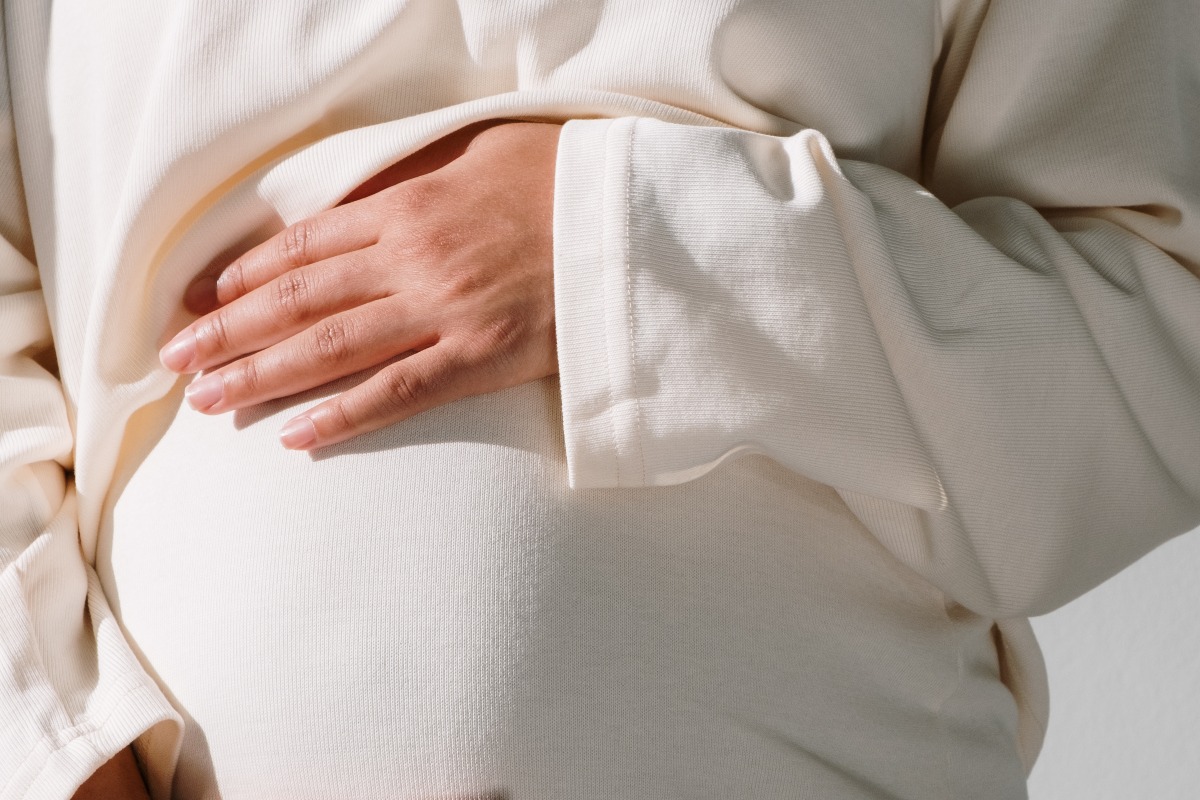Postpartum Depression and Substance Use
During recovery, a person will have to learn coping strategies and life skills that will help them better adapt to change. Large life events and transitional stages can be stressful for anyone. A history of substance use, depression, or other mental health disorders can make accepting change in recovery especially challenging. Many people may need extra support during permanent life changes, such as accepting the death of a loved one or caring for a newborn. Postpartum depression (PPD) and substance use disorder (SUD) are highly comorbid, meaning it’s likely for someone to have a dual diagnosis of these two mental health disorders.
What Is Postpartum Depression?
PPD can be characterized as an episode of major depressive disorder (MDD) occurring soon after the birth of a child. While PPD is more frequent in mothers, fathers can also experience PPD symptoms. However, women are more likely to have MDD, which puts them at a higher risk of developing PPD. According to a study by the Centers for Disease Control and Prevention (CDC), about one in ten women experience an episode of major depression in a year.
It is natural for women to have feelings of intense depression after going through the physical and emotional exhaustion of having a baby. These few days when women experience intense depressive symptoms are commonly referred to as the “baby blues.” However, when symptoms last longer, a person can be considered for a diagnosis of PPD.
Symptoms and Diagnosis
The current Diagnostic and Statistical Manual, the DSM-5, is the source material used for the diagnosis of mental health disorders. According to the DSM-5, PPD is characterized as an episode of major depression after giving birth that is persistent for two or more weeks. This episode includes experiencing a depressed mood or loss of interest in daily activities, as well as four of the defined associated PPD symptoms. These symptoms include:
- Appetite loss
- Trouble sleeping
- Feelings of worthlessness
- Inappropriate guilt
- Poor concentration
- Difficulties with decision making
- Anxiety
- Agitation
- Poor self-care
- Intense hopelessness
- Suicidal ideation
The onset of these symptoms may not occur immediately after childbirth but should occur no later than four weeks. One form of PPD diagnosis is by using the Edinburgh Postnatal Depression Scale (EPDS). Similar to the pain scale, EPDS relies on self-reporting out of a list of ten PPD symptoms that the client rates from zero to three.
Postpartum Depression in Men
For men, PPD is more likely to develop within three to six months of the child’s birth but can develop over a year rather than days or weeks like in women. While PPD is less common in men, it occurs in about 8-10% of fathers. The most prominent symptoms of PPD in men include irritability, indecisiveness, and a restricted range of emotions.
Comorbidity of Postpartum and Substance Use
In general, depressive disorders put people at a higher risk for developing substance use. Since motherhood is an intense, overwhelming life transition, new mothers and fathers can struggle with managing their emotions. This could lead to substance use and abuse. Many people use substances as a way to self-medicate negative emotions. It’s important that mothers and fathers struggling with PPD symptoms aren’t afraid to rely on their significant others, family, friends, and mental health professionals for support. This is the best way to manage PPD symptoms and reduce the risk of developing SUD.
Treatment for Postpartum Depression and Substance Use
Psychotherapy and antidepressants are the most common treatment options for PPD and SUD. In most cases, people with PPD will be treated with a combination of both. However, treatment will vary from person to person based on their symptoms and mental health histories.
Psychotherapies
One of the most common types of psychotherapies to treat both PPD and SUD is cognitive-behavioral therapy (CBT). This type of therapy focuses on the connection between thoughts, feelings, and behaviors. A session of CBT might involve identifying toxic thoughts and behaviors to replace them with more positive thoughts and behaviors.
Antidepressants
SUD and PPD treatment might include antidepressants such as selective serotonin reuptake inhibitors (SSRIs). Some people with PPD have concerns about antidepressants affecting their breast milk. In studies of new mothers taking antidepressants, most antidepressants have shown low to undetectable levels in breast milk that have not been demonstrated to cause developmental problems in infants. However, some antidepressants may be safer than others, and a medical professional can help concerned nursing mothers find an antidepressant and dosage that they are comfortable with.
Alternative Treatments for Postpartum Depression
Some other complementary treatments that can help people with PPD are light therapy and nutritional and aerobic interventions. Light therapy, usually used to treat seasonal affective disorder (SAD), can be effective in treating other depressive disorders. This type of treatment involves standing in front of a light box that stimulates the sensation of taking in sunlight.
Nutritional intervention might include taking supplements for essential fatty acids. In general, having a well-balanced diet and moving the body can help improve depressive symptoms. When a person’s body feels good, their mental health is likely to follow.
PPD is common among new mothers, especially those with pre-existing depressive disorders. When left untreated, PPD can put you at risk for developing SUD. Restoration Recovery Centers understands the difficulties of managing emotions around the stressors of mother and fatherhood. Our mental health professionals are trained to treat PPD and SUD as co-occurring disorders. Together we can create a treatment plan that caters to your recovery needs. We intend to treat you as the complex individual that you are because you are more than a number to us. If you or someone you know is struggling with substance use, call (888) 290-0925 to learn how Restoration Recovery Centers can help you restore your life’s purpose and heal from addiction.






